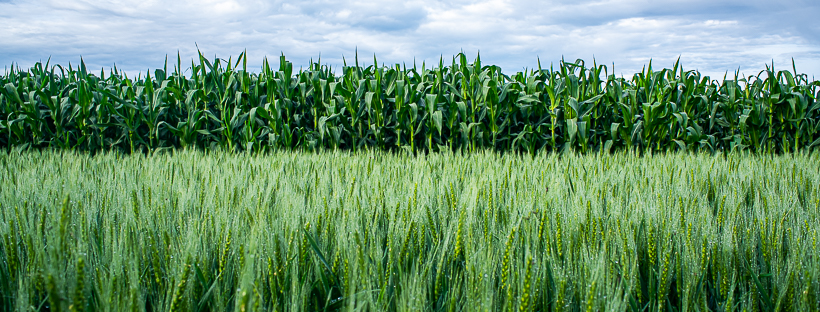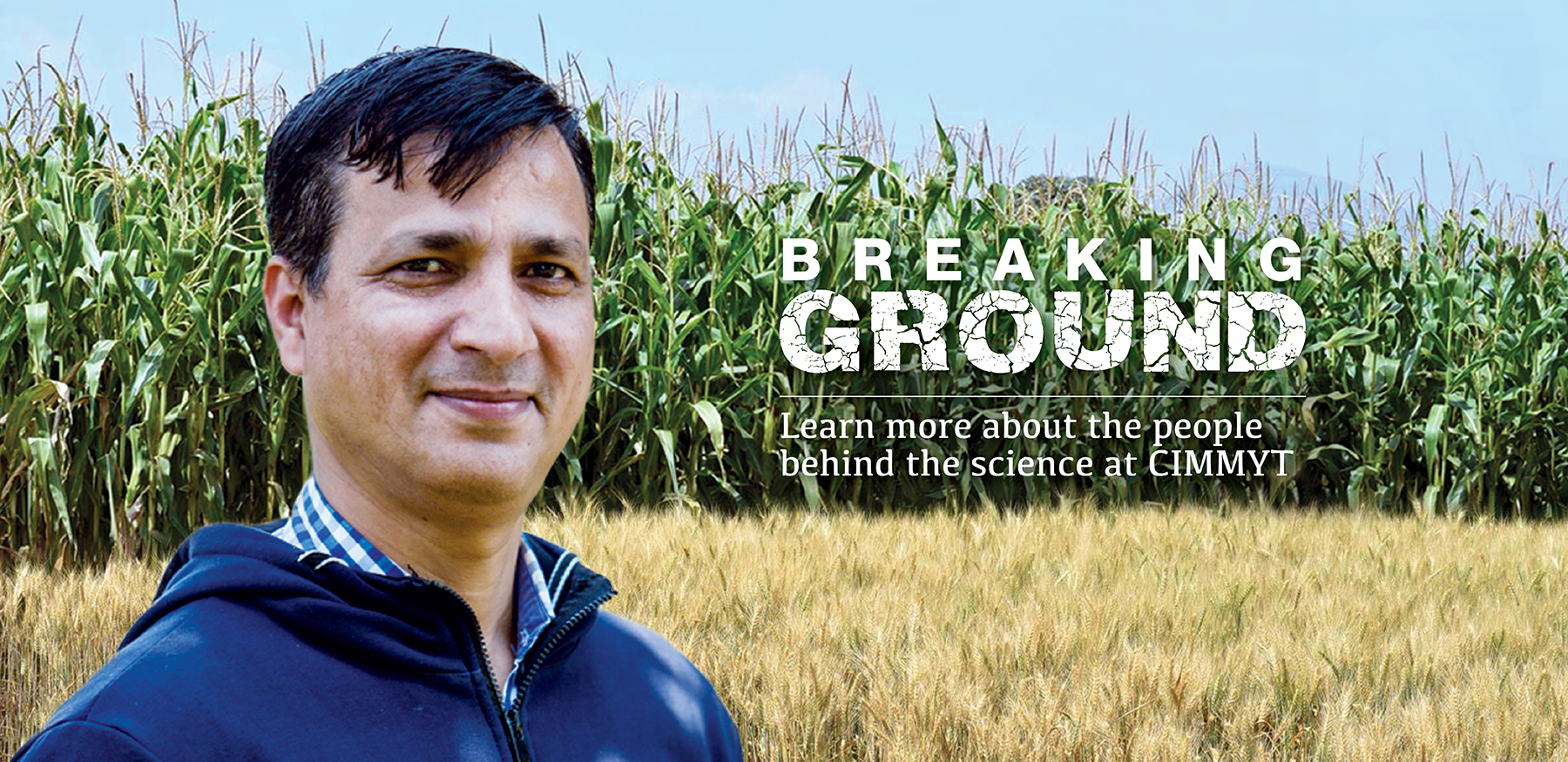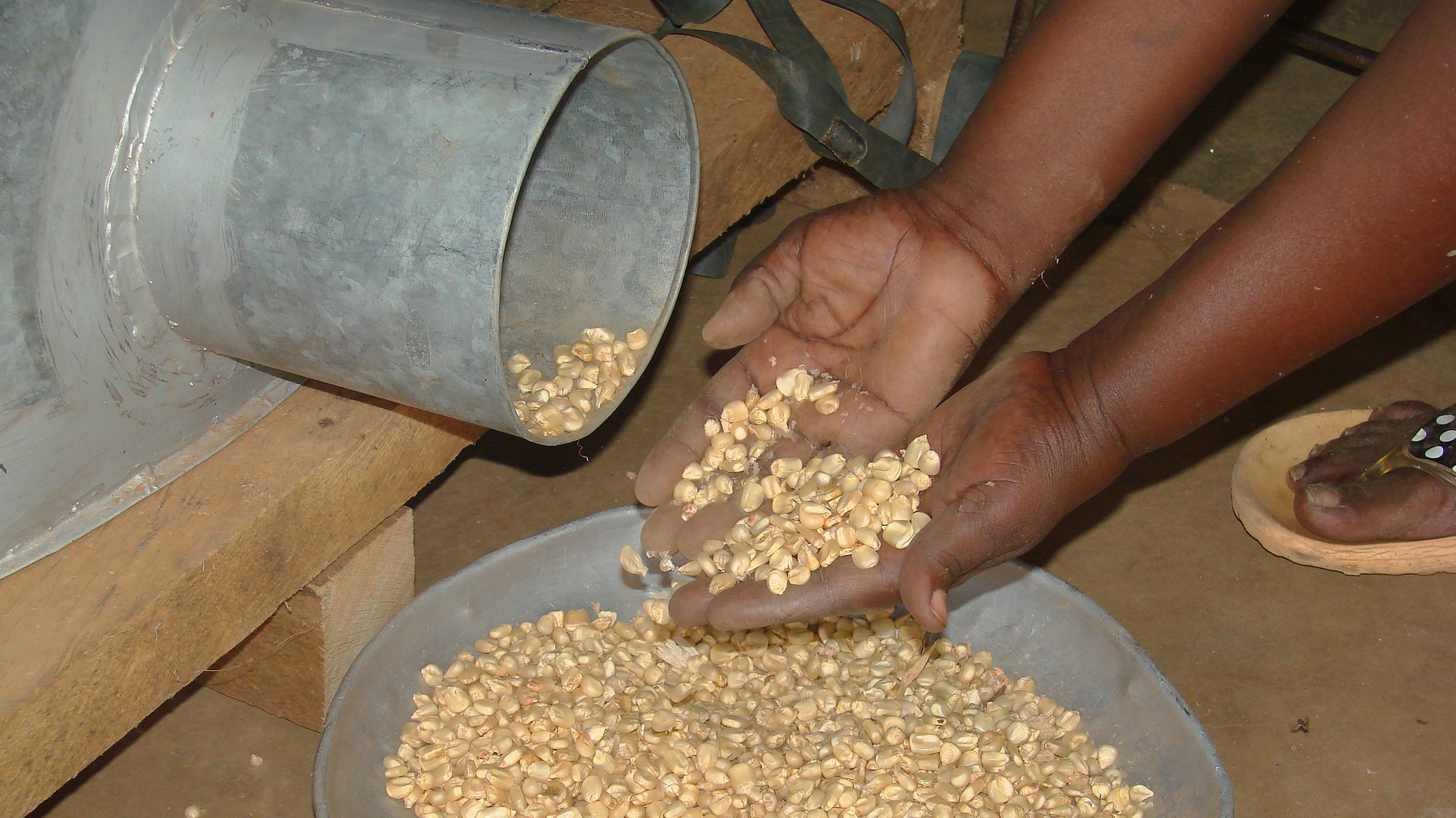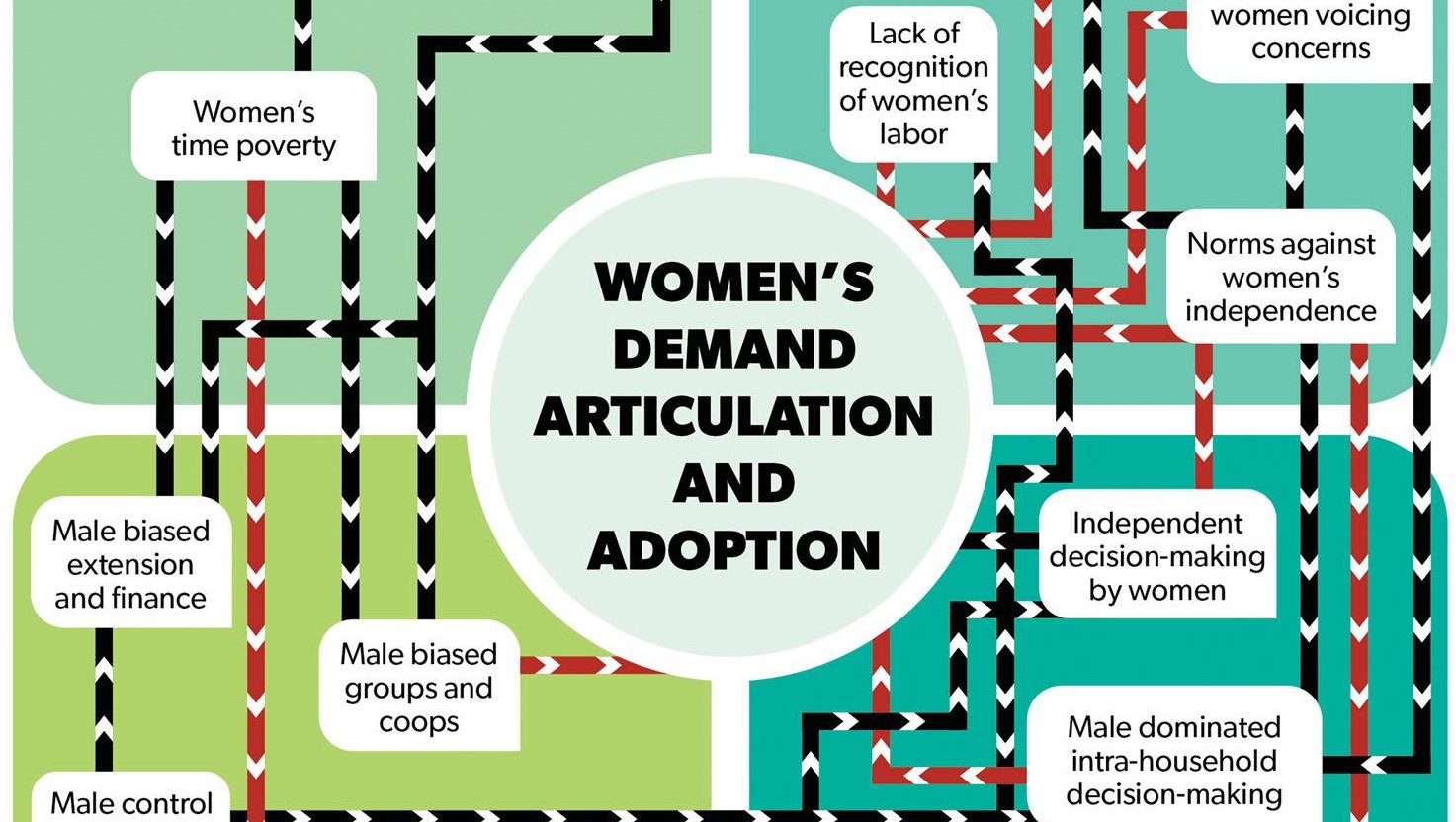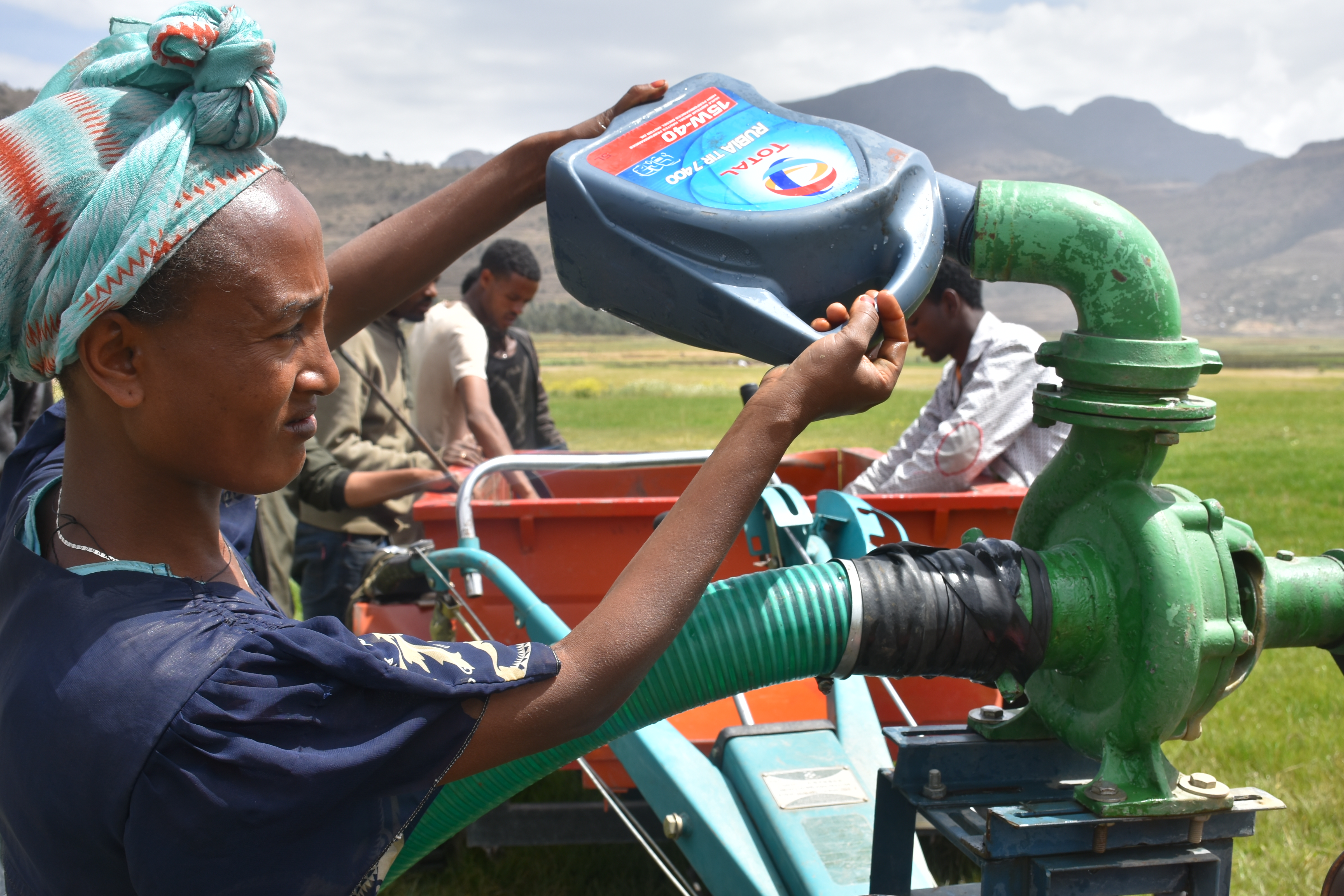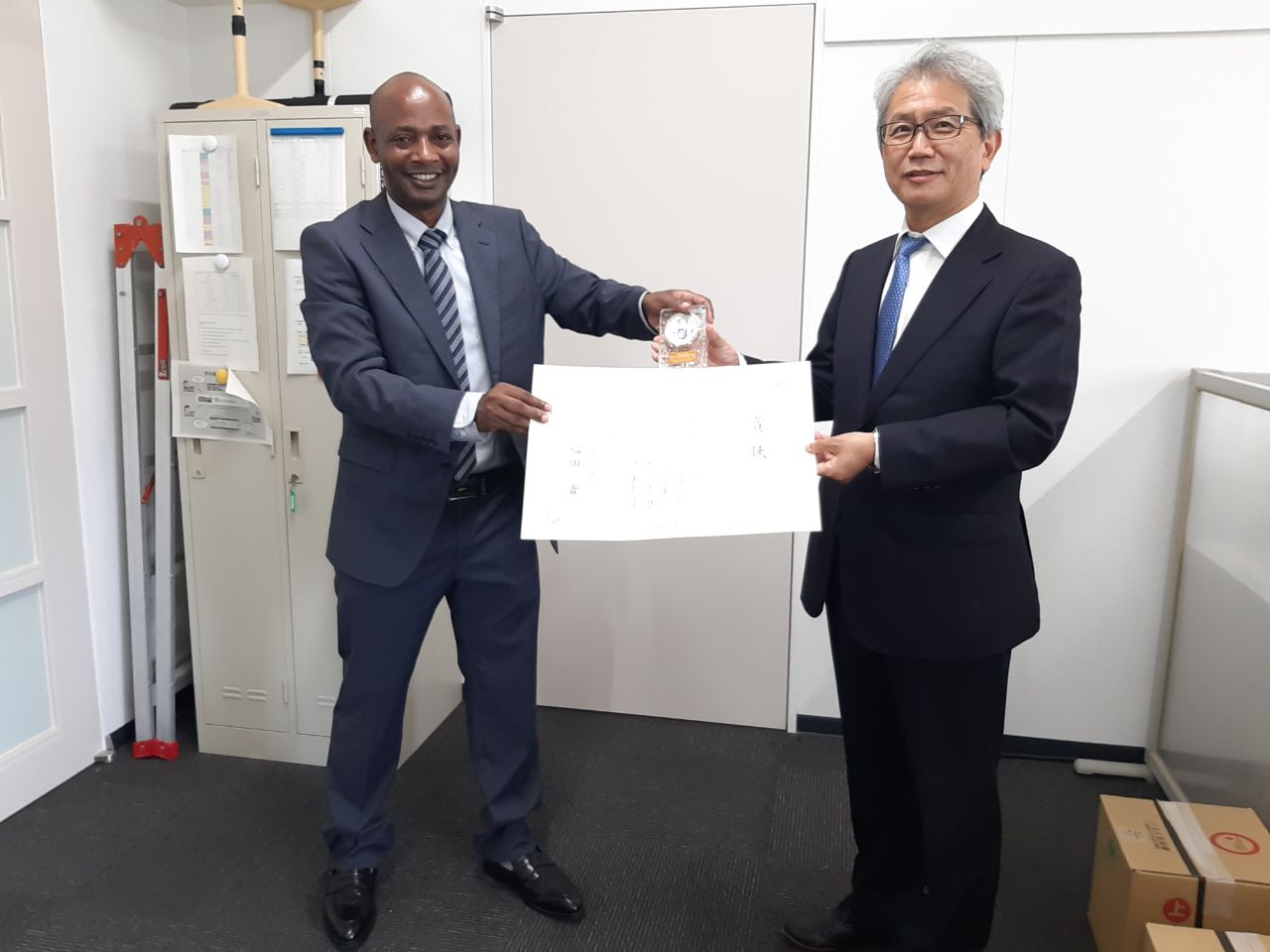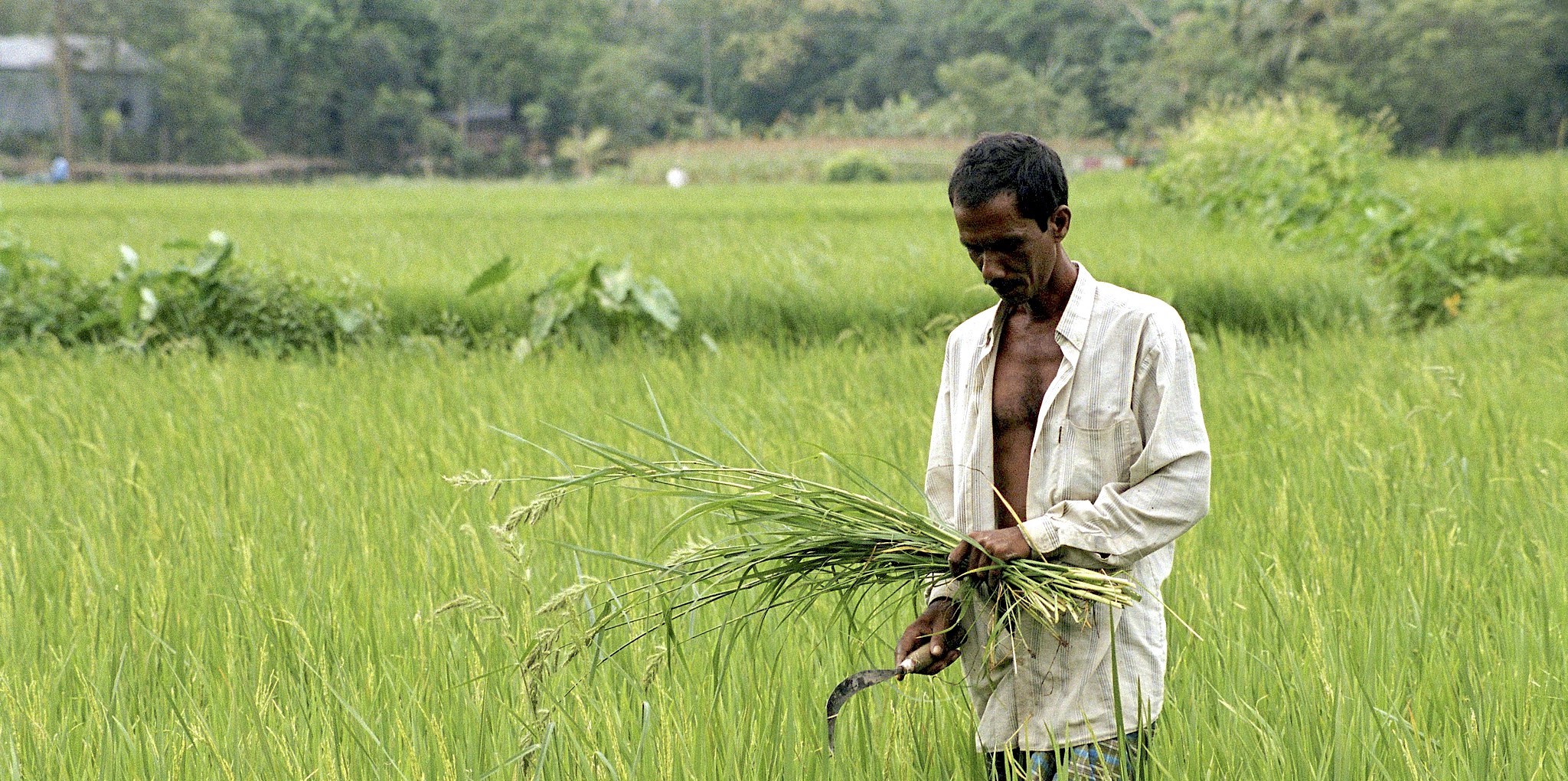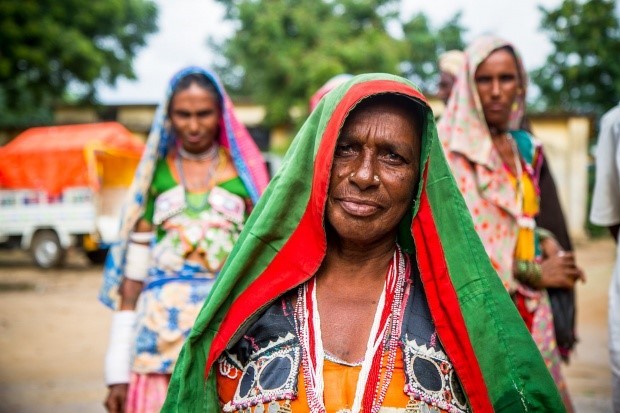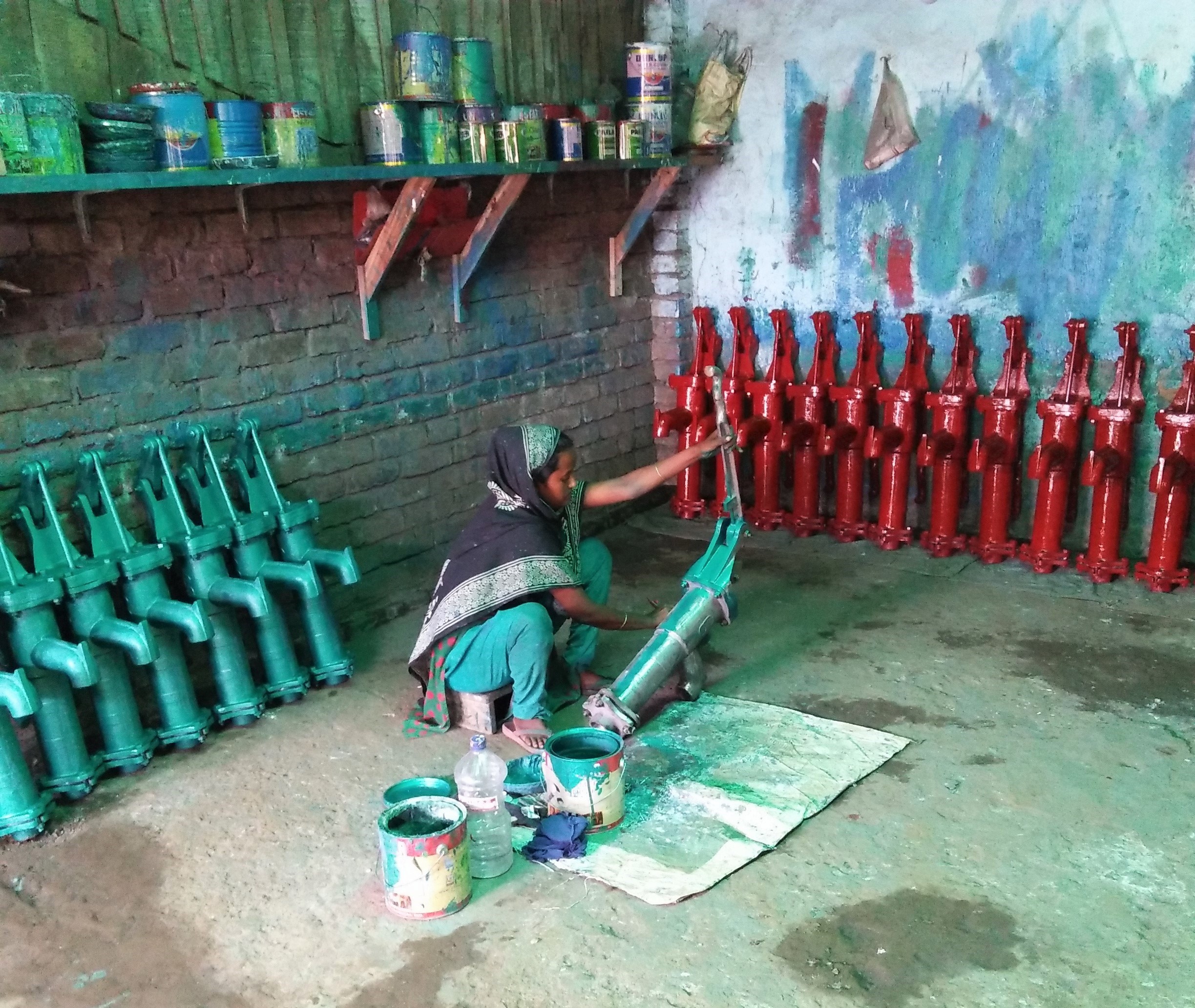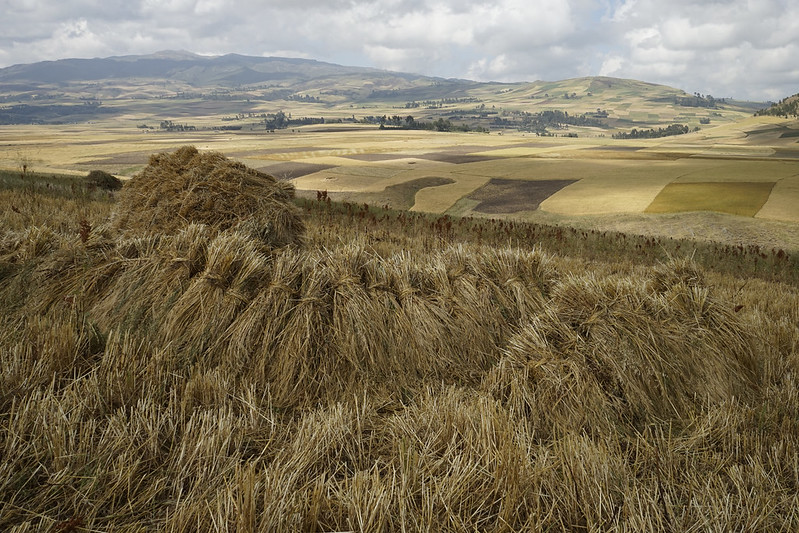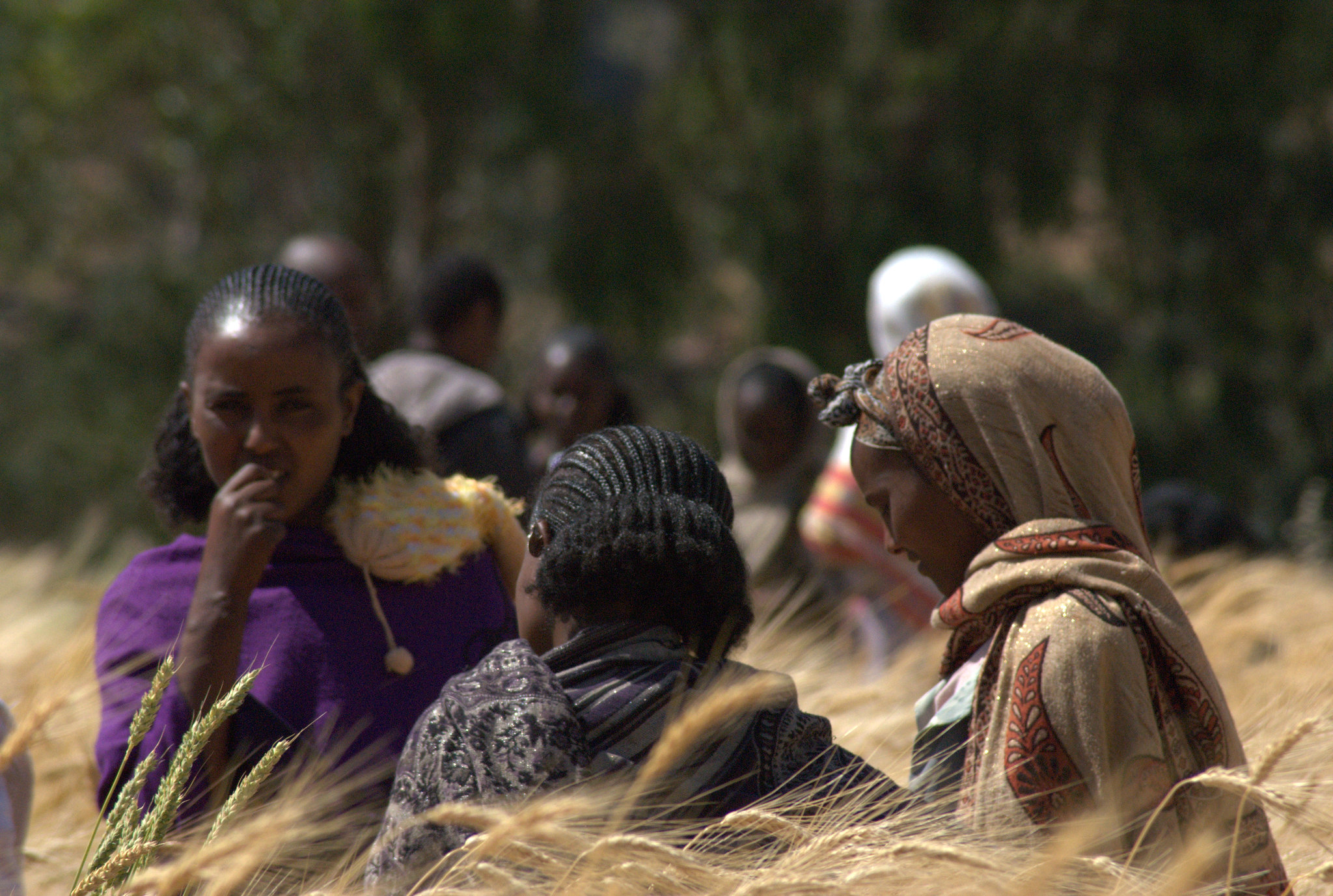Gender equality, youth and social inclusion
Gender and other social differences such as age, wealth and ethnicity, have an enormous influence upon the success of agricultural interventions. To ensure equitable impacts and benefits to rural people, CIMMYT emphasizes inclusive research and development interventions. Starting with the collection of data on gender and social differences, efforts are underway to address these gaps and ensure equitable adoption of technologies and practice. This includes working towards gender-equitable control of productive assets and resources; technologies that reduce women’s labor; and improved capacity of women and youth to participate in decision-making.
2020 Bӓnziger Award winners announced
 Gender equality, youth and social inclusion
Gender equality, youth and social inclusion
Rahel Assefa and Kate Dreher selected as inaugural winners of award celebrating women’s contribution to CIMMYT’s work and mission.
Breaking Ground: Gokul Paudel finds the best on-farm practices for South Asia
 Gender equality, youth and social inclusion
Gender equality, youth and social inclusion
CIMMYT system economist explores ways to streamline smallholder farming systems through mechanization, gender equity and conservation agriculture.
Who benefits?
 Gender equality, youth and social inclusion
Gender equality, youth and social inclusion
Study explores whether modern maize storage structures offer equal benefits to women and men farmers in Kenya, Malawi, Zambia and Zimbabwe.
New publications: Voicing demand for farm power
 Gender equality, youth and social inclusion
Gender equality, youth and social inclusion
Study explores how gender norms and intra-household dynamics shape women’s demand articulation for labor-saving technologies.
The beginning of a beautiful partnership
 Gender equality, youth and social inclusion
Gender equality, youth and social inclusion
Experts discuss solutions to postharvest losses and how agricultural mechanization can benefit rural women in the Global South.
CIMMYT-supported researcher earns doctorate for work on gender, maize value chains and food security
 Gender equality, youth and social inclusion
Gender equality, youth and social inclusion
Research was supported through the Stress Tolerant Maize for Africa (STMA) project.
New publications: COVID-19 induced economic loss and ensuring food security for vulnerable groups
 Gender equality, youth and social inclusion
Gender equality, youth and social inclusion
Study quantifies the economic losses from Bangladesh’s COVID-19 lockdowns and outlines policy implications for the country.
Building a better future
 Climate adaptation and mitigation
Climate adaptation and mitigation
How gender research supports rural women during times of crisis.
Starting with a seed
 Capacity development
Capacity development
Inclusive seed business model empowers women from marginalized communities in Nepal.
Empowered rural women take on entrepreneurship
 Gender equality, youth and social inclusion
Gender equality, youth and social inclusion
Women in Odisha, India, successfully shoulder responsibility in leading their families through the COVID-19 crisis.
En route to improved agronomic literacy
 Gender equality, youth and social inclusion
Gender equality, youth and social inclusion
Women in rural Nepal prosper from training program on soil fertility management practices.
Women find a role in Bangladesh’s agricultural mechanization sector
 Gender equality, youth and social inclusion
Gender equality, youth and social inclusion
Technical and business training provides women with opportunities to break barriers and improve livelihoods.
East Africa partners welcome “new era” in wheat breeding collaboration
 Gender equality, youth and social inclusion
Gender equality, youth and social inclusion
Experts from Ethiopia and Kenya join CIMMYT and other partners to renew a long-standing collaboration under the auspices of the new AGG project.
Reaching women with improved maize and wheat
 Climate adaptation and mitigation
Climate adaptation and mitigation
The new AGG project aims to respond to the climate emergency and gender nexus through gender-intentional product profiles for its improved seed varieties and gender-intentional seed delivery pathways.
New publications: Power, agency and benefits among women and men maize farmers
 Gender equality, youth and social inclusion
Gender equality, youth and social inclusion
Income-generating benefits of improved maize varieties hampered by patriarchal gender norms in rural Nigeria.
